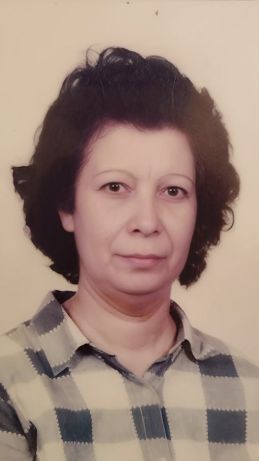
By Mohammad Fadhel AlObaidly
MANAMA: Journalism has always demanded neutrality. But for those who ventured into the streets, into the homes of widows, the poor, and the abandoned, neutrality often clashed with humanity. It is one thing to conduct a polite interview in an office with prepared questions and practiced answers, and quite another to sit across from a mother left to raise children without support, or a grieving father still waiting for compensation for a son lost in an accident.
These encounters left journalists with painful questions: Should I write this? Should I use her exact words? Over time, many learned to discipline their emotions, repeating the old newsroom saying—half joke, half lament—that “journalism is the profession of trouble.” Some retreated to safer beats. Others pressed on.
A Phenomenon Called Parween
Among those who pressed on was Parween Nasrallah, a journalist who refused to retreat from human pain. Parween was neither part of the majority nor the minority; she was, quite simply, herself. Her colleagues described her as a phenomenon—fiercely spontaneous, sharp in speech, and unafraid of confrontation.
Her presence in the newsroom was always announced before she entered the room. Setting down her bag, she would immediately launch into a complaint in her native Bahraini dialect: “They turned out to be nothing but idiots… nothing but fools and stepchildren.” Laughter inevitably followed, because her rants were never only about herself—they were about officials dodging accountability, about hollow promises, and about the poor who had turned to her in desperation.
More Than a Reporter
For Parween, journalism was not just reporting. It was living the struggles she covered. She carried each story as though it were her own, seeking solutions, following up with officials, and sharing in the victories and heartbreaks of her sources.
To her, the world was divided into two groups: “the poor of the poor” and “the poor who break hearts.” She bore their burdens alongside her own, each disappointment cutting deeply, each small solution bringing immense joy.
And yet, even as she carried such weight, she filled her surroundings with humor. Every rant was punctuated with wit, every frustration softened by sarcasm. Her colleagues recall her as someone who could turn despair into laughter, anger into comedy, simply by the way she told a story.
A Voice That Endures
Her conversations—whether about politics, society, or the latest book she had read—were always spirited. She spoke with a disarming simplicity, addressing even the largest issues with the clarity of someone cutting through noise to the human core. To some, it was naïve; to others, it was brilliant. To all, it was unforgettable.
In her later years, though her investigations became fewer, her presence remained vibrant. Even after time and distance separated old colleagues, she continued to reach out, sharing neighborhood tales, family stories, and news of people she never stopped caring about.
Then, one day, her messages stopped. Hospitalization followed, and with it, the silence of a voice that had once filled every room she entered.
A Star Among Stars
Her name, Parween, means “star” or Canopus in Persian. She lived up to it. She shone brightly in the firmament of Bahraini journalism, a light for the voiceless and a reminder of journalism’s most human calling.
Today, we say farewell to a journalist who carried the burdens of “the poor who break hearts.” She has departed, but her laughter, her defiance, and her compassion remain a legacy.
Parween Nasrallah was more than a journalist. She was a star who lived among us, and now she shines among the stars.




